 Cathy Eads, of Atlanta, Ga., reflects on how to move forward after a painful disruption. If you would like to submit a post to Clearing the Fog, please contact us here. “My books are friends that never fail me.” —Thomas Carlyle When crisis enters our lives, some of us head to the cookie jar, some to the TV remote, others out into nature, to phone a trusted friend, or possibly to some sort of substance to numb the pain. I am one who heads straight to the bookstore. I begin to look for answers, insight, explanations, and causes for my plight in the words drawn from someone else’s experience or expertise. I generally believe I cannot go through something that someone else has not already lived through and learned from. Often, some of those people have graciously taken pen to paper, or fingers to keyboard, and provided me with a book in which I can find solace, advice, and confirmation that I am not alone in my struggles. At present, I am going through a divorce, which was preceded by about a decade of my 27-year marriage unraveling slowly and painfully. Once the plan changed from working to reconcile and rebuild the relationship, I donated my stash of a dozen or so books about how to save/repair/improve a relationship. Likewise, I’ve recently acquired (so far) six titles on self-love, adult attachment styles, unlearning patterns and beliefs from childhood, attracting a well-suited life partner, essays to change the way I think, and a workbook for healing. I’m sure this new collection will continue to grow. I recall that when we first started dating, one of our favorite places to go for a night out together was the gigantic Joseph Beth Booksellers in Lexington, Ky. I guess I have come full circle in “completing” that relationship. Before making the decision to split permanently, we attended copious therapy sessions with four (!) different marriage counselors and invested much time, effort, and funds attempting to repair what ultimately has been deemed “irretrievably broken.” While I can’t help feeling deep sorrow at choosing to end such a long-term relationship, I am (finally) certain it is the right decision. So, I am trying to focus on the incredible growth that came from the lessons learned during the difficult times, and the grand opportunities this new, unexpected, chapter will offer me. I also occasionally remember with gratitude the many good times we shared, and that our union resulted in three wonderful new human beings. The ending of this, or any, marriage is not altogether a failure. Through all the therapy, and attempts to reconcile, I’ve become much more self-aware. I’ve had to reflect on the part I played in the dysfunction and the dissolution of what once seemed a rock-solid bond. There is no doubt in my mind that my soon to be ex-husband has been one of the greatest teachers of my lifetime. I know I am a stronger, smarter, more resilient, and more compassionate person as a result of our tumultuous marriage. I predict the divorce process will earn me even more knowledge, skills, and tidbits I never asked for, but surely need for my journey. I try to remember my current situation represents a tiny slice of what makes up the rich, tasty pie of my greater life experience. While divorce defines a part of my reality right now, it does not define me. Rather than dwell on the fact that I am walking away from something unhealthy, I’m choosing to see myself as someone stepping out into the light on a bright new path forward. Along this detour, I’ll continue to learn more about myself and strive to live my best life as the days continue to unfold. I’m choosing to take care of myself. I’m choosing happiness and contentment. I wish I could say I never experience the pain of euphoric recall, and that I never shed a tear mourning the loss of what I thought we had. While I am strong, I am not a stoic. From all that therapy, and my trusty books, I have learned that feeling and acknowledging my emotions and letting them move through me, rather than denying them and soldiering on, makes me a more complete human being, a more grounded, compassionate (and sane) person. I’m hopeful that someday I may find another partner to love and share life with. In the meantime, I’ll keep visiting the bookstore and continue learning how to improve my skills at navigating this life, so I can be an even better potential mate. It’s probably a good idea to add some fun fiction to my collection, too. After all, we can always use more friends.
4 Comments
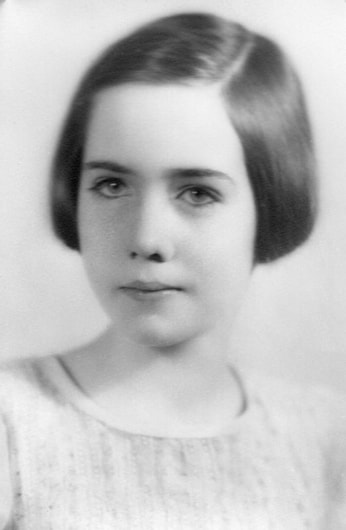 My mother, Mary Marrs Board Goodlett, would have celebrated her 100th birthday on October 26. My mother, Mary Marrs Board Goodlett, would have celebrated her 100th birthday on October 26. On October 26, 1991, a sunny autumn Saturday, we threw a small party for my mother’s 70th birthday at her modest home in Georgetown, Ky. Esophageal cancer had nearly stolen her voice, but she managed to engage with a few friends and relatives. After a short while, she retreated to her recliner in her bedroom and evidently decided she had fulfilled her earthly obligations. Sixteen days later she died. At her funeral, during the eulogy by Rev. Bob C. Jones, her longtime pastor at the Lawrenceburg First Baptist Church, I learned that she had told him she wanted to live to be 70 years old, the length of a life as stated by King David in Psalm 90:10: “The days of our years are threescore years and ten.” (King James version) I remember thinking at the time that I sure wished she had shared that goal with me. As her primary caregiver, if I had realized she was committed to making it to 70, perhaps I could have planned things a little better during those last weeks, or made better decisions. Now the 100th anniversary of her birth is nigh. And I have been thinking about her a lot. I cannot tell you how frequently I have wished for her wisdom over the last 30 years. When I was 30, I was too young and self-absorbed to inquire about her life, her experiences, her challenges, her sorrows. By the time I was 32, she was gone. But I learned a lot from my mother watching her die. I am grateful for that. If you’ll indulge my somewhat morbid mood, I’ll share my mother’s unspoken doctrine for a graceful exit, as divined at the time by her grief-addled daughter: 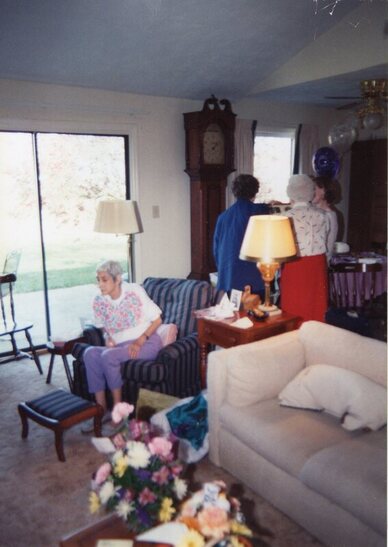 My mother’s final birthday party, October 26, 1991. Our lives are as ephemeral as the flowers on the table. My mother’s final birthday party, October 26, 1991. Our lives are as ephemeral as the flowers on the table. 1) Leave this world as quietly as you traveled through it. Although my mother was evidently a gregarious young woman, by the time I knew her she seemed most comfortable with a good book and a glass of bourbon. She was not one to make a fuss about anything. She left us as gently and simply as she had lived. I suppose the corollary of that might also be true. If you have been inclined to make a ruckus all your life, you will probably make a ruckus as you slam the door behind you for the last time. 2) Maintain whatever dignity you can. Although sickness and dying infamously heap myriad indignities on you, hold tightly to whatever scraps of your dignity you can. If you still have your wits, treat those around you—both loved ones and medical professionals—with the kindness and the respect they deserve. Make ribald jokes to break the tension during uncomfortable moments. Encourage laughter. 3) Stay engaged with the wider world, even if that means watching Clarence Thomas insult and demean Anita Hill during Congressional hearings. Stay curious. Take interest in things outside your own sometimes harrowing situation. 4) Things really don’t matter. I was in that “acquisitive” phase when my mother died. I had already acquired a husband and a dog and a house, and I was busy acquiring all the other accoutrements of a middle-class adult existence. In her final months, I kept wanting to give her something she had always wanted, but that list for her had been empty for years. I recall that I found our contrasting attitudes jarring. I was both annoyed that I couldn’t give her something she might fleetingly treasure in her final days and ashamed that I would confer that sort of value on something I could buy. We rarely have a choice about how this life ends. But every moment we’re still here we have a choice about how we live the one we have.
Happy birthday, Mary Marrs. I’m old. And I’ve recently decided that aging after 60 is exponential: each day I age feels like a hundred; sometimes a thousand. When I was 59, I was doing OK. A few years later, and I hardly recognize myself. Not that long ago I was a competitive triathlete and runner. Then work and injuries—and a pandemic—got in the way. I hung up my sneakers and decided it was time to give it a rest. But today I took a leap of faith. I ran a 10K race, my first since 2018. As I analyzed what possessed me to throw good money at such insanity, I settled on three things: 1) I whole-heartedly support the work of the Kentucky Historical Society Foundation, which was the beneficiary of a portion of the race fee; 2) Running in downtown Frankfort, Ky., is challenging and full of distracting and visually arresting historical landmarks; 3) I wanted to see if I could. After a night of torrential downpours, it was a startlingly beautiful morning: sunny and cool (around 52 degrees), with the clearest sky we’ve seen in days. That alone gave me an edge, after running through the prolonged summer’s heat and humidity. I had convinced myself to take it easy, go at my training pace, and not try to keep up with my former competitors. Frankfort sits astride the Kentucky River, and the city’s hills and bluffs offer challenging terrain. We started downtown at the Thomas D. Clark Center for Kentucky History, ran along Broadway where railroad tracks bisect the street in front of the old Greek Revival capitol building, traveled back down Main Street and up Capital Avenue to circle behind the new capitol, then returned to Main Street. At that point, your stomach knots. As we turned east, we headed straight up a nearly half-mile hill past the old arsenal to the historic and exceptionally scenic Frankfort Cemetery, the final resting place of Daniel Boone. The hilly path through the cemetery offers a breath-taking vista of the city and the river below. After turning back toward the entrance, we encountered a lone drummer and cornet player in Revolutionary War garb playing period music. The smile on my face was as broad as the river, and my pace quickened. Once we exited the cemetery gate, it was a fast downhill back into town and around to the finish line. I had a good race, exceeding all my expectations. Although I’m decidedly slower than I was in 2018, I felt at ease remembering what it’s like to push my body beyond what I think it’s capable of doing. And even this cranky old body cooperated. For nearly an hour I did not think about any of the sources of the summer’s sorrow and grief. I concentrated on my breathing, on the sights around me, and on chatting briefly with other runners along the course. For a few minutes, I was a kid again racing ahead of all the adult troubles sneaking up behind me.
 Every blog I post is a love letter to you. As words begin to attach themselves to a thought whirling around in my brain, I slowly recognize the emotions that are driving an insistent drumbeat. Therein lies the passion that provokes me to write. As I compose a piece—sometimes slowly and carefully, sometimes rapidly with abandon—I realize the subject of the post is nothing more than a vehicle for relaying how I feel. And what could be more intimate than sharing my inchoate thoughts, thoughts that I am just beginning to understand, with you? It’s dangerous, frankly. It’s reckless. It’s exhilarating. Nonetheless, I do it. I don’t always know if my tentative plea to connect with you has been successful. Did my message leap the synapse of time and distance and tingle your nerve endings? Did my words bring us closer? Or did they widen some invisible chasm that threatens to swallow them in its gaping maw? Sometimes you let me know I reached you. You send an email. Post a comment. Other times, I choose to believe my words prompted a slow simmer that may eventually awaken new awareness, without sparking a too-hot flame. Sometimes I learn that my cautiously expressed feelings are universal, or at least more widely shared than my ugly self-absorption would have me believe. Sometimes I learn that my words help you sort out your own thoughts. It has bothered me lately that I seem to have nothing to say to you. No thoughts have bumped rudely around in my head, demanding to be let out. I’ve tried to summon some sort of passion, but I know I cannot press. I must let it develop on its own. Perhaps a year of loss has finally taken its toll, a summer of disruption has knocked me out of rhythm. Too much death, near and far, both inevitable and avoidable. Too much illness, both inconsequential and critical. I can’t find my balance. I have lost my words. They may yet return, and I hope you will again allow me to reach out to you, needy and raw, and share what I’m feeling. By doing so, I have learned, I slowly begin to understand myself. But right now I hate my own voice. It’s irritating. Whiny. Tinny. Uninteresting. Perhaps that will pass. Perhaps not. Meanwhile, I hope you’ll be patient with me, like a faithful dog. We’ll see if my passion for communicating will reignite. Know that I’m grateful for your loyalty, dear reader. I honor the time you spend with my words. I long to reach out to you with more thoughtful discourse. And I hope that when we do reconnect the frisson will startle us yet once more and prompt unexpected discoveries. |
Details
Archives
June 2023
Categories
All
|


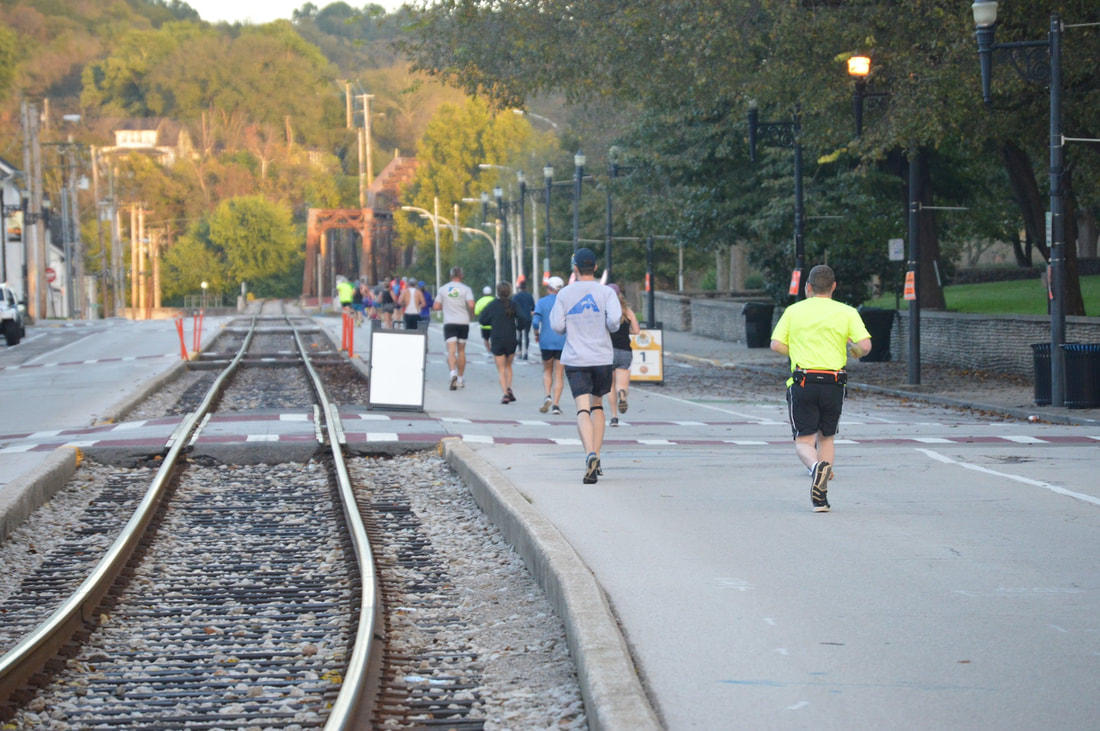
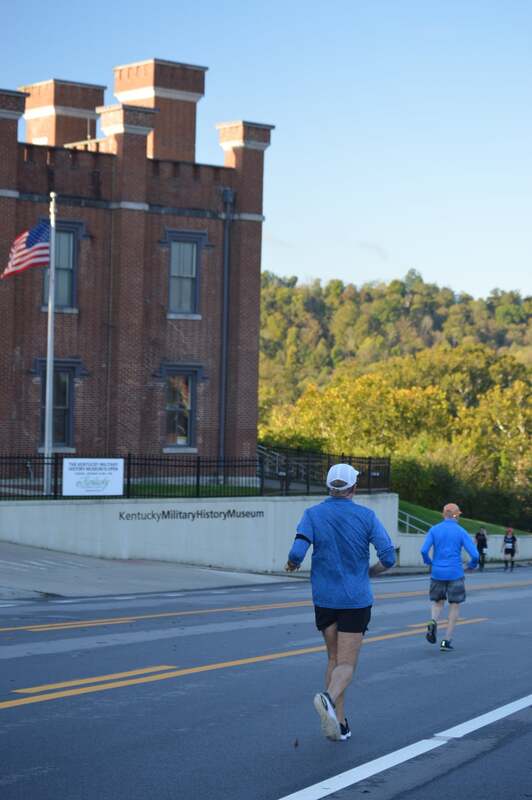
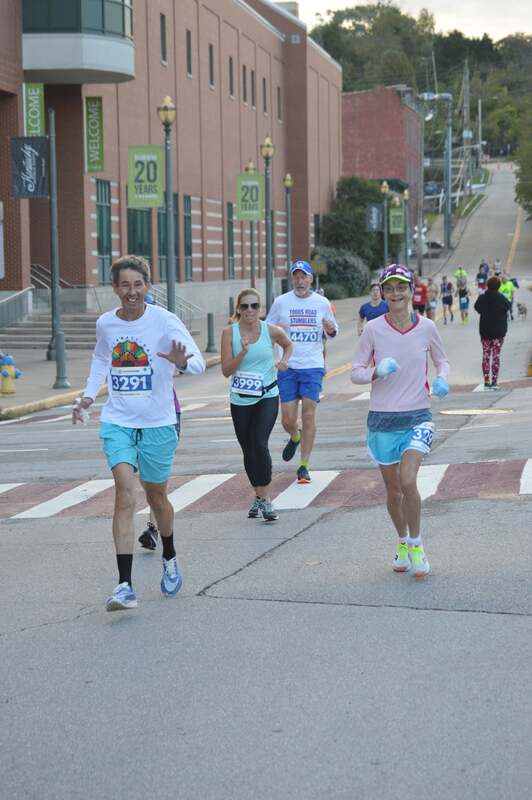
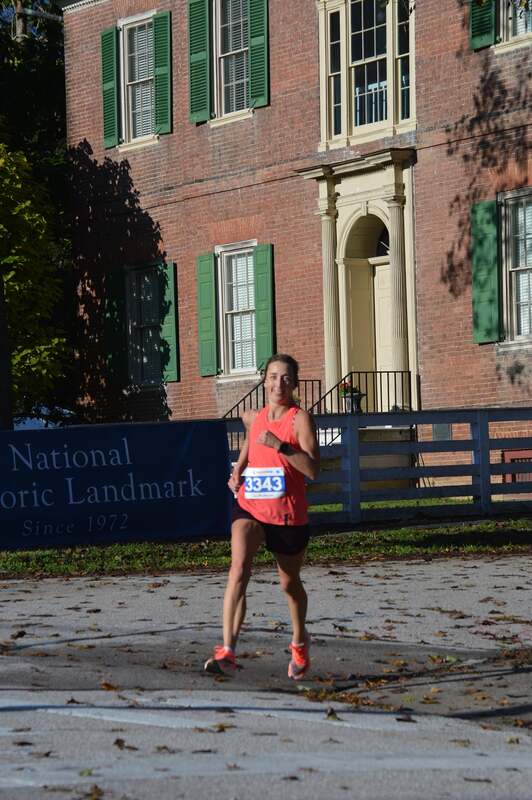
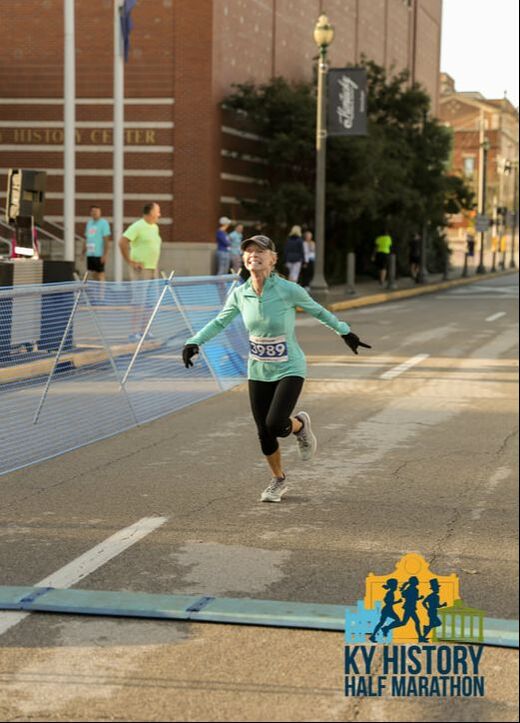

 RSS Feed
RSS Feed